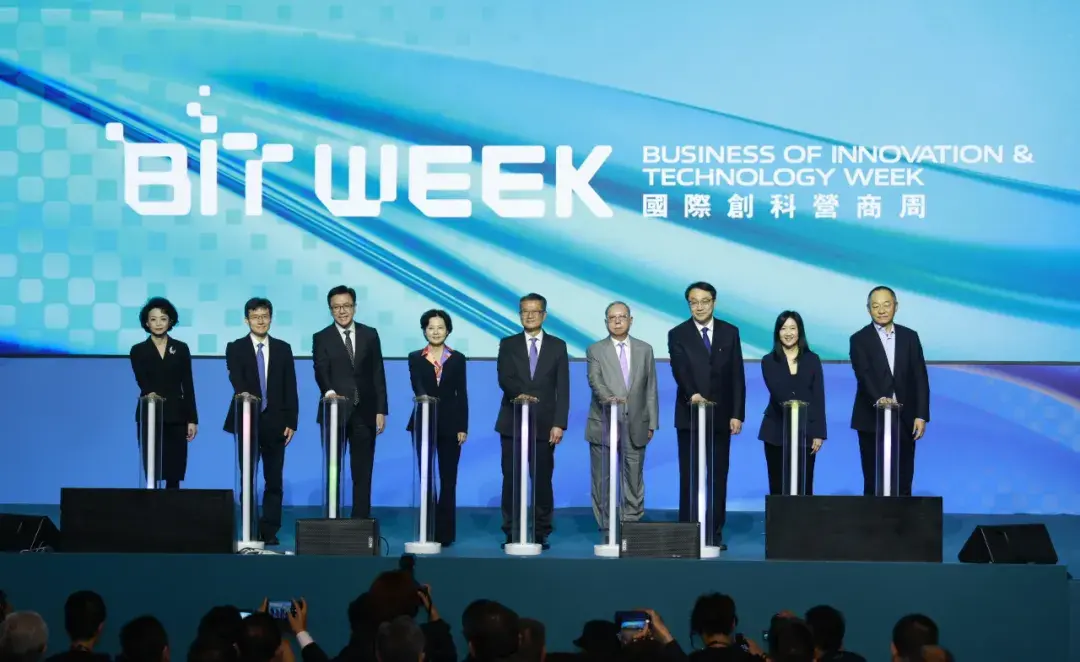Friend.Tech Revelation: The Success of Crypto Applications May Not Depend on Crypto Infrastructure
Original Title: Sometimes, Crypto Doesn't Need Crypto. That's Ok
Original Author: Jack Niewold, Crypto Pragmatist
Original Compilation: 深潮 TechFlow
Even those who passively observe cryptocurrency technology may have noticed the recent explosive popularity of the social Web3 application friend.tech. This mobile app is very simple—you buy a Key to enter specific chat rooms. The owners of these chat rooms are often content creators, influencers, traders, or other prominent community members. If people buy a creator's Key, the price of that Key goes up.
Similarly, if people sell off Keys, the price of a Key will drop. Below are some of the top creators on the platform, and you might recognize some of them. The largest creator on the platform is Twitter user Vombatus, with a market cap of about $1.6 million: a staggering number for a chat app.

The success of friend.tech partly stems from its social virality, and partly from its early adopters benefiting the most from a Ponzi-like mechanism, where the team promises and incentivizes the platform through airdrops and "points" given to traders, which theoretically can be exchanged for free tokens: further incentivizing platform growth.
Compared to blue-chip decentralized platforms like Aave and Uniswap, the fundamentals of friend.tech look very strong. In the past 24 hours, friend.tech has outperformed all decentralized applications in fees, with only Lido as an exception; it has also outperformed all Layer 1 networks, with only Ethereum and TRON as exceptions.

However, when I took a moment to reflect, I found a problem: friend.tech does not need to rely on crypto infrastructure. Why? A savvy team could quickly create the same infrastructure on a mobile app, using Stripe for payment processing, and Keys could circulate between buyers and sellers like in some digital economies of games.
Of course, you could argue factors like regulation, securities laws, or anonymous founders.
But it is undeniable: friend.tech has achieved wild and viral success. Is there a contradiction here? Do cryptocurrency applications really need crypto infrastructure?

I believe the success of friend.tech can be summarized as:
The value of the crypto community may outweigh the fundamental value of the crypto infrastructure it relies on.
What unlocks value for friend.tech is not an immutable blockchain, nor NFTs generating $50 million in fees, sovereign ownership, or anonymity: but rather the value directly provided by users and creators on the application. Cryptocurrency merely provides a foundation.
I think this is fine: we can move beyond the "hard" value propositions of blockchain and recognize that there are hundreds of billions of dollars in social capital within the crypto space. Many savvy technologists and investors suggest that young people work in industries that attract large amounts of talent capital, and crypto is certainly one of them.

The value proposition of the crypto ecosystem has evolved: initially, cryptocurrency relied on "hard" value: stateless currency, permissionless finance, self-custody. This attracted early tech experts and financial hardliners who brought the next layer of intellectual and social capital.
Today, the value has shifted to the social layer of crypto: the ability to access an ecosystem made up of millions of smart people drawn to those original hard value propositions. At launch, friend.tech was aimed at such a community. As a crypto-native application, it has built-in payment structures, digital infrastructure, distribution, go-to-market strategies, and an entire content plan. It is hard to imagine that friend.tech could achieve its current success without the help of the crypto community.
But the ultimate value of crypto far exceeds these: I believe that ultimately, crypto will evolve into a broad platform with tools similar to Wordpress, Stripe, YouTube, and Shopify.
Similar but crypto-native tools can be built on crypto infrastructure— as the infrastructure improves, and as people begin to realize that beyond its "hard" utility, crypto is a good platform, I anticipate a whole suite of consumer-facing applications will emerge in the crypto space.
At the same time, as we see in friend.tech, the utility of these applications is less related to the original crypto functionalities and more related to large consumer-facing applications that generate trillions of dollars in value for traditional financial markets.

Ideally, this segment of users will eventually recognize the value proposition of crypto itself. But as friend.tech has demonstrated, we do not need to leverage the specific functionalities of crypto to bring it to the mainstream market.
All we need are good products—cryptocurrency provides the launchpad.














